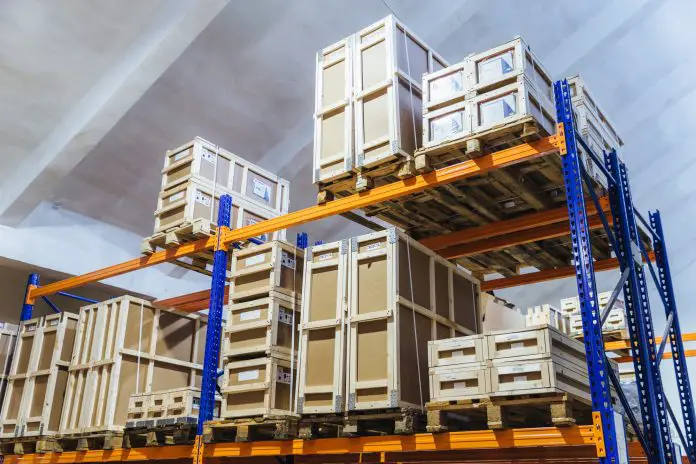Key Takeaways

- Understanding Accessibility: A non-CDL box truck business is accessible for many, requiring only a standard driver’s license, which lowers barriers to entry for aspiring entrepreneurs.
- Market Demand: The growing e-commerce sector is driving demand for reliable local delivery services, positioning box truck businesses to cater to this expanding market.
- Key Requirements: Essential steps to start include obtaining necessary licenses, acquiring insurance to protect your business, and adhering to local regulations.
- Cost Efficiency: Lower startup costs compared to other businesses allow for faster entry into the market, making it a lucrative option for new entrepreneurs.
- Essential Equipment: Investing in the right box truck and additional tools (like dollies and GPS) is crucial for efficient operations and professional service delivery.
- Effective Marketing: Identifying your target audience and implementing digital marketing, networking, and referral strategies are vital for attracting clients and ensuring business growth.
Thinking about starting a non-CDL box truck business? You’re not alone. With the rise of e-commerce and local deliveries, this venture offers a fantastic opportunity to tap into a growing market. Whether you’re looking to be your own boss or seeking a side hustle, a box truck can be a smart investment.
Understanding Non CDL Box Truck Business
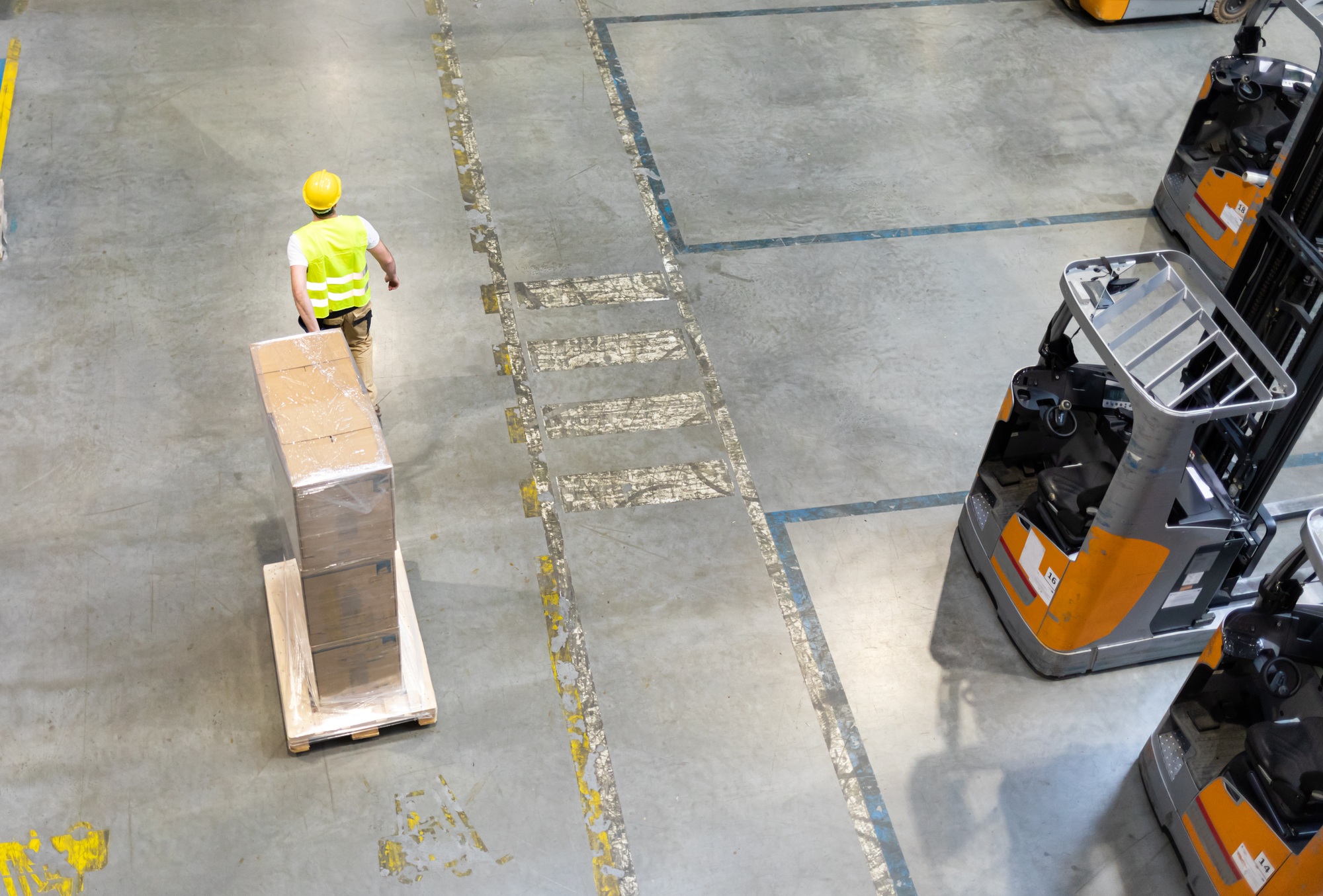
Understanding the non-CDL box truck business is essential for aspiring entrepreneurs entering this profitable market. A non-CDL box truck operates without the need for a commercial driver’s license, making it accessible for many individuals. This accessibility positions it as an attractive option for small business startups.
Demand for delivery services continues to rise, driven by e-commerce growth. Retailers often require reliable transportation to deliver products, which opens the door for your box truck business. You can cater to local deliveries, providing a vital service in your community.
Starting a non-CDL box truck business involves several key components. First, acquire a suitable truck that meets your needs. Second, develop a business plan outlining your services, target market, and necessary permits or licenses. Third, consider insurance to protect your investment and manage liability.
Networking plays a crucial role in expanding client relationships. Building partnerships with local businesses can drive consistent work. Additionally, leveraging social media platforms and online marketing can increase visibility.
Evaluating costs is also critical. You’ll face expenses such as fuel, maintenance, and insurance. Setting competitive prices while ensuring profitability is vital for sustainability.
Entering the non-CDL box truck market requires commitment and strategic planning. By understanding how to start a business in this sector, you position yourself for success and growth in the delivery industry.
Benefits of Starting a Non CDL Box Truck Business
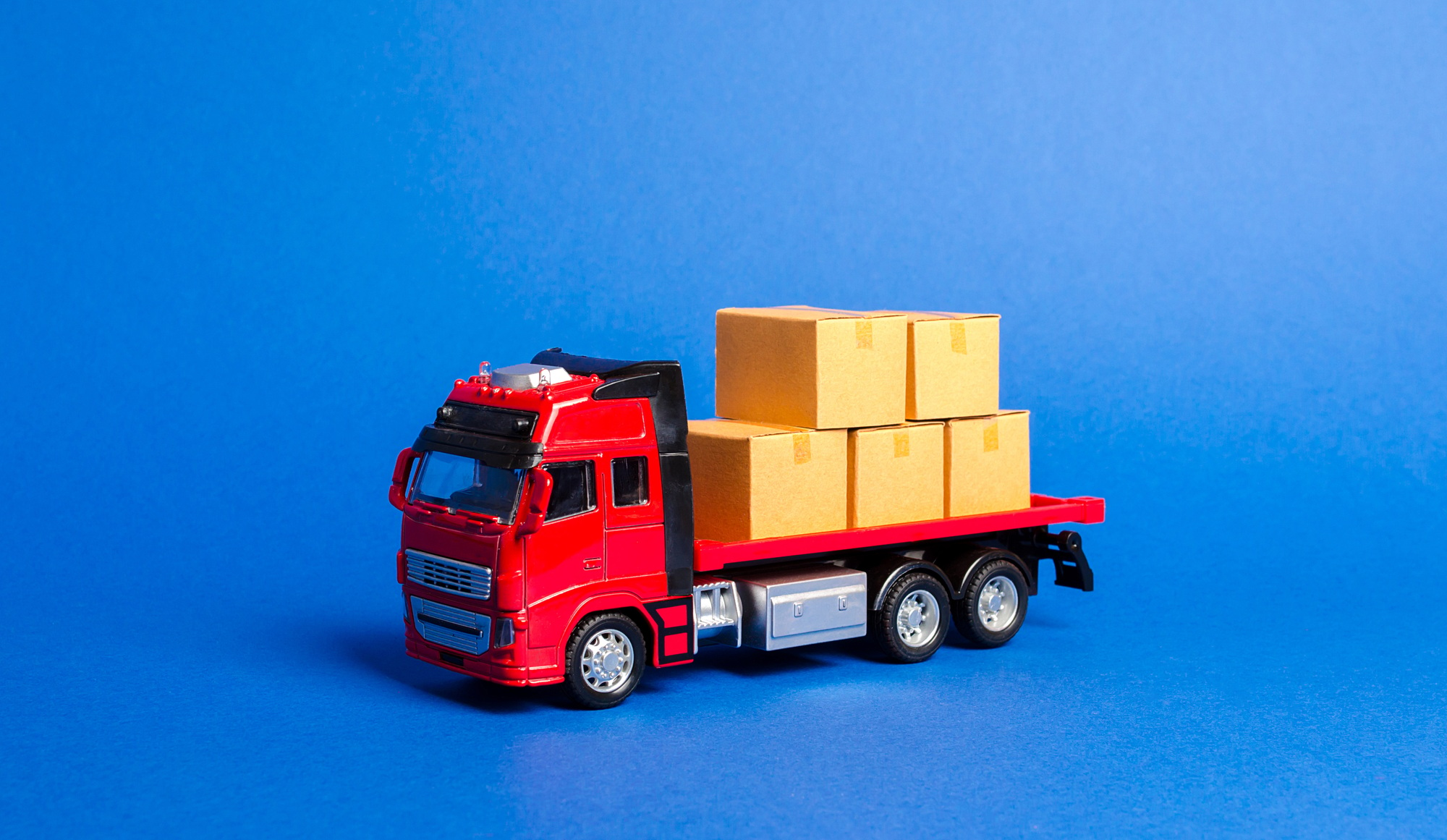
Starting a non-CDL box truck business offers significant benefits for aspiring entrepreneurs and those seeking small business opportunities. The ease of entry and potential for growth make it an attractive option.
Flexibility and Independence
Flexibility represents a major advantage of running a non-CDL box truck business. With your own schedule, you choose when and where to work. You can adapt services based on customer demand, such as offering local deliveries or specialized moving services. Independence fosters creativity and allows you to make business decisions that align with your goals. This level of control offers a satisfying alternative to traditional employment.
Lower Startup Costs
Lower startup costs make launching a non-CDL box truck business accessible. Compared to many other small businesses, the financial barriers are minimal. You can obtain a suitable truck under 26,000 lbs GVWR without needing expensive commercial licenses. Additionally, operational expenses, like insurance and permits, remain relatively low. These lower costs facilitate faster entry into the market, enhancing potential profitability and supporting efforts on how to start a small business.
Key Requirements for Starting a Non CDL Box Truck Business
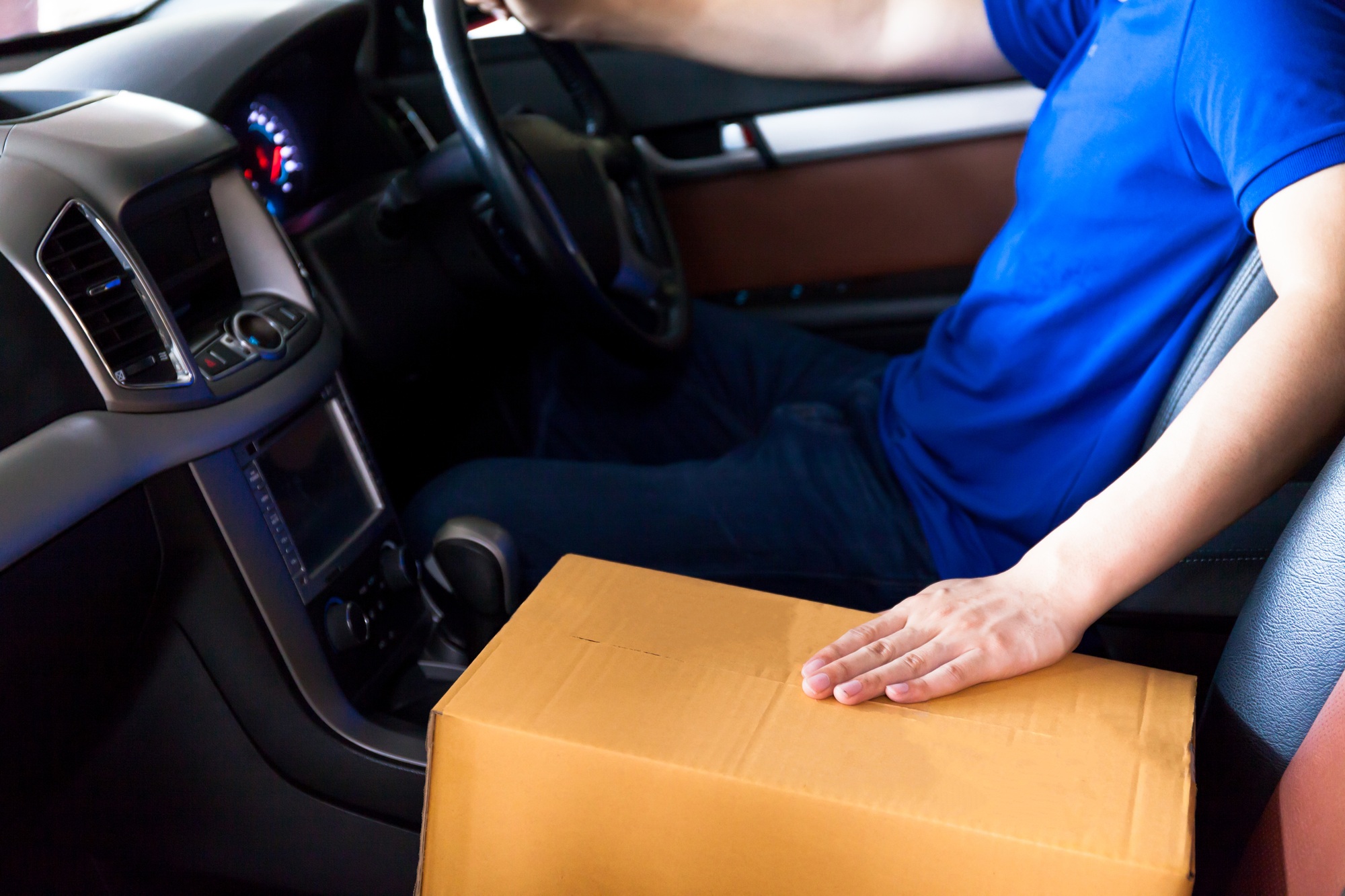
Starting a non-CDL box truck business involves several essential requirements that pave the way for a successful startup. Addressing these requirements ensures compliance and sets your small business on the right track.
Licensing and Permits
- You need a standard driver’s license since non-CDL box trucks typically weigh less than 26,000 lbs GVWR. This means a Commercial Driver’s License (CDL) isn’t necessary, making it easier to start your business.
- You must apply for a USDOT Number if you plan to operate interstate or haul federally regulated commodities. Even intrastate operations require a USDOT number in many states. This registration provides legal authority and assures customers of your compliance with federal regulations.
Insurance Considerations
- You must acquire business insurance to protect your investment. A commercial auto insurance policy covers your box truck against damages, theft, and liability.
- You should consider additional coverage options, such as cargo insurance, which protects the goods you transport. This safeguards your clients’ products and enhances your credibility in the industry.
- Evaluating different insurance providers helps find the best rates and coverage options for your business. Ensure you meet the minimum required coverage for your state and any specific regulations related to your operations.
Essential Equipment and Resources

Starting a non-CDL box truck business requires the right equipment and resources to operate efficiently. Focus on acquiring quality tools and supplies that support your startup’s success.
Choosing the Right Box Truck
Choose a box truck that fits your business needs. Consider size and capacity, ranging from 10 to 26 feet in length. Depending on your target market, a 16-foot truck may suffice for local deliveries, while businesses with larger cargo might require a 24-foot truck. Select a model that features a reliable engine and adheres to safety standards. Research fuel efficiency, as it directly impacts operating costs. Ensure that the vehicle meets local transportation regulations to maintain compliance with laws.
Additional Tools and Supplies
Equip your box truck with essential tools and supplies for smooth operations. Consider these critical items:
- Dollies: Use dollies for easier loading and unloading of heavy items.
- Straps and Tie-Downs: Implement straps to secure cargo and prevent shifts during transport.
- Hand Trucks: Utilize hand trucks for transporting smaller boxes efficiently.
- Packaging Materials: Stock up on bubble wrap, blankets, and boxes to protect cargo during transit.
- GPS System: Invest in a reliable GPS system to enhance navigation and optimize delivery routes.
These additional tools enhance efficiency while providing a professional service to your clients. Equip your non-CDL box truck business for success by prioritizing essential equipment and resources.
Marketing Your Non CDL Box Truck Business

Marketing your non-CDL box truck business effectively is crucial for attracting clients and generating revenue. Understanding your target market sets the foundation for your marketing strategy.
Identifying Your Target Market
Identifying your target market involves pinpointing potential customers who need your delivery services. Focus on local businesses, e-commerce companies, retail companies, manufacturing plants, government agencies, and businesses specializing in events or trade shows. Analyzing local demand for transportation services helps tailor your marketing efforts. Understanding the specific needs of businesses within these sectors aids in crafting targeted messaging that resonates with potential clients.
Effective Marketing Strategies
Implementing effective marketing strategies is essential for growth. Consider the following approaches:
- Digital Marketing: Utilize social media platforms like Facebook and Instagram for targeted advertising. Create engaging content that showcases your services, and interact with your audience regularly.
- Networking: Build relationships with local businesses and join local business associations. Attend community events to connect with potential clients directly.
- Website Development: Create a professional website highlighting your services, service areas, and customer testimonials. Optimize the website for search engines to improve visibility.
- Referrals: Encourage satisfied clients to refer your services to others. Implement a referral program that rewards customers for bringing in new business.
- Content Marketing: Share valuable content that addresses common delivery challenges faced by your target market. This positions you as a knowledgeable authority in the industry and helps attract potential customers.
By strategically identifying your target market and implementing these effective marketing strategies, you can successfully promote your non-CDL box truck business and achieve growth in this competitive field.
Conclusion

Starting a non-CDL box truck business can be a rewarding venture that opens doors to financial independence and flexibility. With the right planning and resources you can position yourself for success in a growing market.
Focus on building strong relationships with local businesses and leveraging digital marketing to reach your target audience. Investing in quality equipment and ensuring you have the necessary permits and insurance will set you apart from competitors.
By staying committed and adapting to customer needs you’ll not only grow your business but also enjoy the journey of entrepreneurship. Embrace the challenges and celebrate your successes as you carve out your niche in the delivery industry.
Frequently Asked Questions
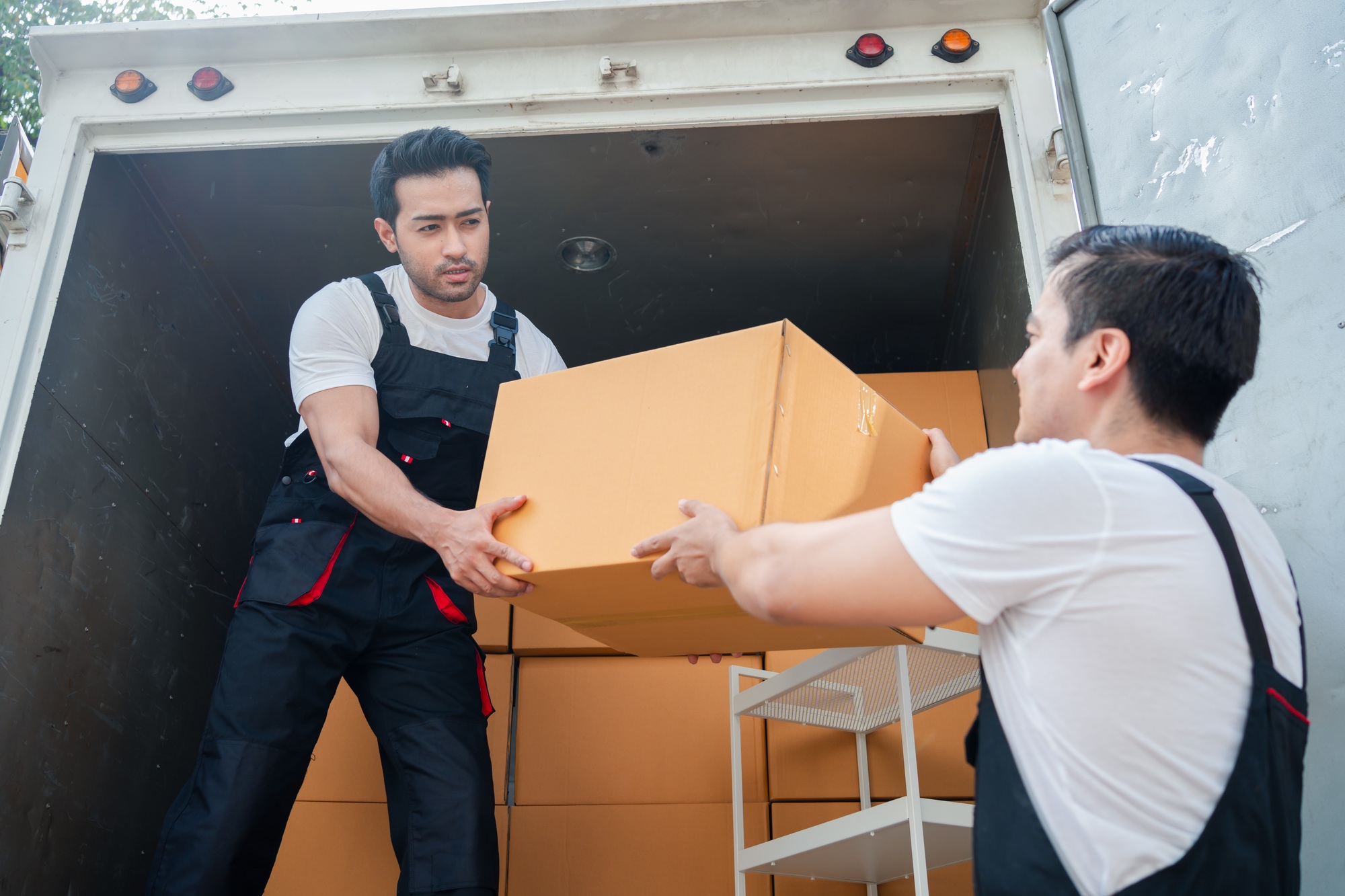
What is a non-CDL box truck business?
A non-CDL box truck business operates vehicles that do not require a commercial driver’s license. This type of business caters to the growing demand for local deliveries and e-commerce, making it an accessible option for aspiring entrepreneurs.
Do I need a special license to drive a non-CDL box truck?
No, you only need a standard driver’s license to operate a non-CDL box truck. This makes it easier for individuals to start their businesses without needing extensive licensing.
What are the startup costs for a non-CDL box truck business?
Startup costs can vary but tend to be lower than other small businesses. Key expenses include purchasing or leasing a box truck, insurance, permits, maintenance, and marketing.
How do I market my non-CDL box truck business?
Effective marketing can include social media outreach, developing a website, networking with local businesses, and encouraging customer referrals. Tailoring strategies to your target market is essential.
What insurance do I need for a non-CDL box truck?
You’ll need commercial auto insurance and possibly cargo insurance to protect your investment and comply with regulations. Research different providers for the best coverage options.
How can I find clients for my box truck business?
Networking with local businesses, reaching out to e-commerce companies, and utilizing social media are great ways to find clients. Highlight your services and build relationships to attract customers.
What essential equipment should I have for my box truck business?
Equip your box truck with tools like dollies, straps, hand trucks, packaging materials, and a GPS system. This will enhance efficiency and improve service quality for your clients.
What are the benefits of starting a non-CDL box truck business?
Benefits include flexibility, lower startup costs, independence, and the ability to adapt services based on customer demand. This makes it an attractive option for many entrepreneurs.
Image Via Envato


